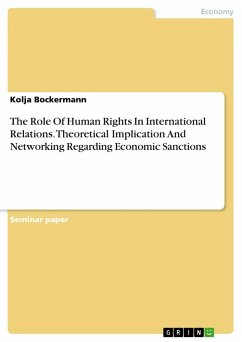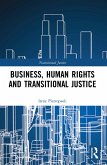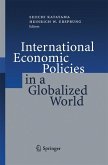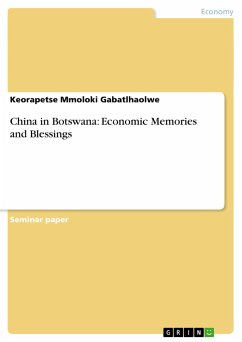Seminar paper from the year 2020 in the subject Economics - International Economic Relations, Bielefeld University, language: English, abstract: This paper discusses and in a broad way explains the connections in terms of networking between Human Rights and Economic sanctions, the relationship between Human Rights and international relations in academic fields and how Human Rights are used in Human Rights relations. During the implementation of the United Nations Charter, the term Human Rights were mentioned seven times making the promotion and protection of Human Rights as key purpose in the effective guiding of the organization principle. In 1948, the Universal Declaration of Human Rights brought in the Human Rights within the realm of global law. Since then, United Nations has effectively protected Human Rights through the correct legal documents. Human Rights are currently a permanent characteristic of international relations. The perception of Human Rights, or rather the rights of men, was already known in the 18th Century. Human Rights have lately become decisively entangled in both the study and practice of international relations. The dominant theories of international relations explain the responsibilities of such rights in different ways. It is evidenced that their major claims carry the higher persuasive arguments representing a natural juxtaposition of national sovereignty with different ideas of universal and moral order.








